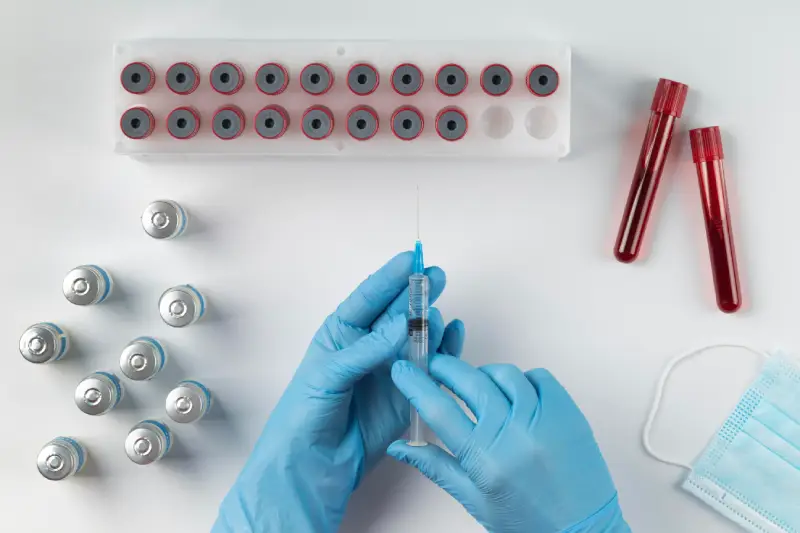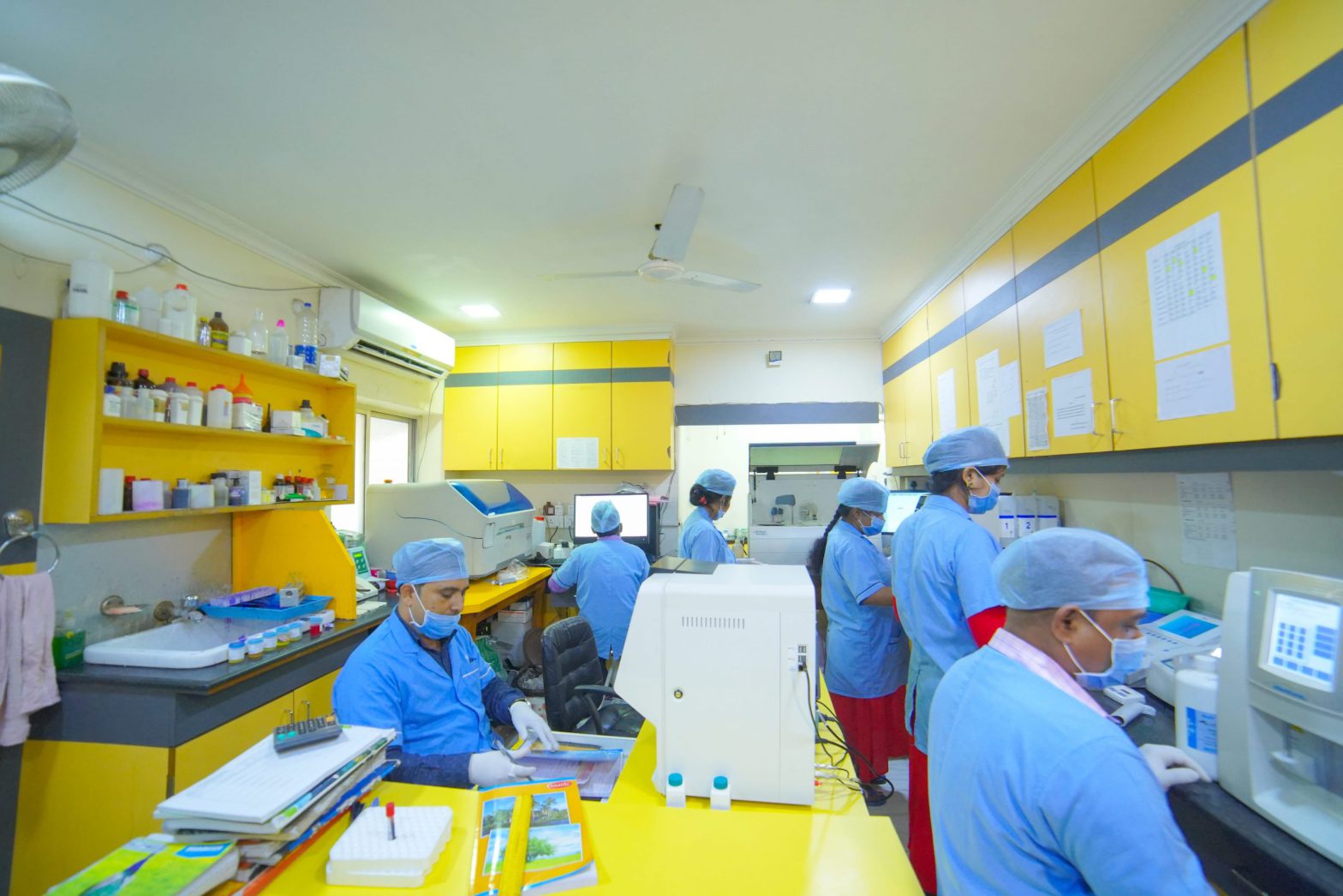Polycystic Ovary Disease (PCOD) isn’t just a physical ailment; it’s an emotional rollercoaster. The journey begins with the unsettling realization that your body isn’t following the expected norms. Irregular periods, unwanted hair growth, and persistent acne are more than just symptoms—they’re constant reminders of a condition that feels beyond your control.
Imagine looking in the mirror and seeing a reflection that doesn’t match your self-image. The weight gain, particularly around the abdomen, adds to the frustration, often leading to feelings of inadequacy and low self-esteem. The relentless cycle of managing symptoms can be mentally exhausting, leading to anxiety and depression. Each doctor’s visit, blood test, and ultrasound can feel like a daunting reminder of your ongoing struggle.
The emotional toll of PCOD is compounded by societal pressures and expectations. Women often face stigma and misunderstandings about their condition, leading to a sense of isolation. Support from friends, family, and mental health professionals becomes crucial in navigating this emotional landscape.
Acknowledging and addressing the emotional impact of PCOD is essential. By seeking support and focusing on self-care, women can find resilience and strength, transforming their struggle into a journey of empowerment.


